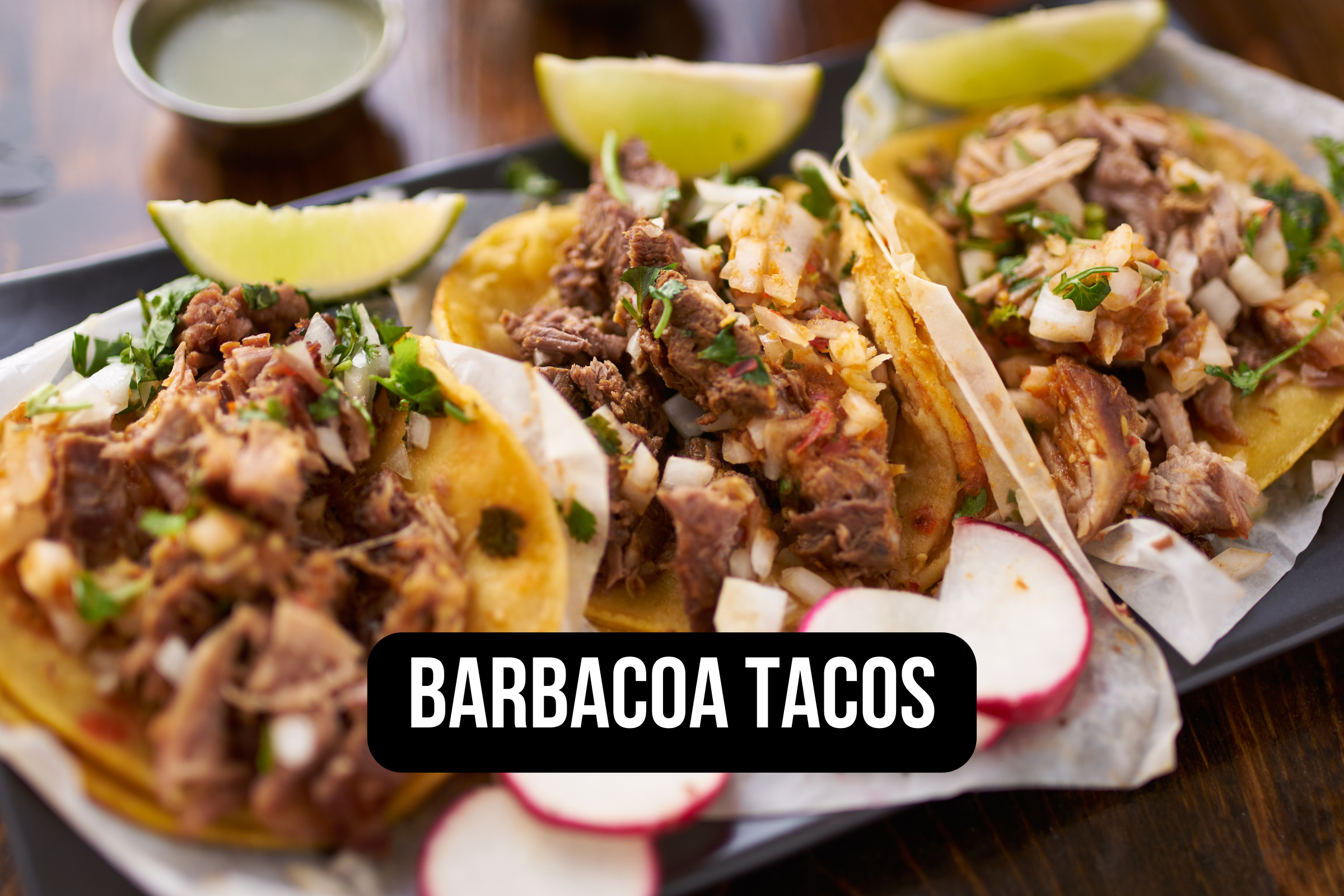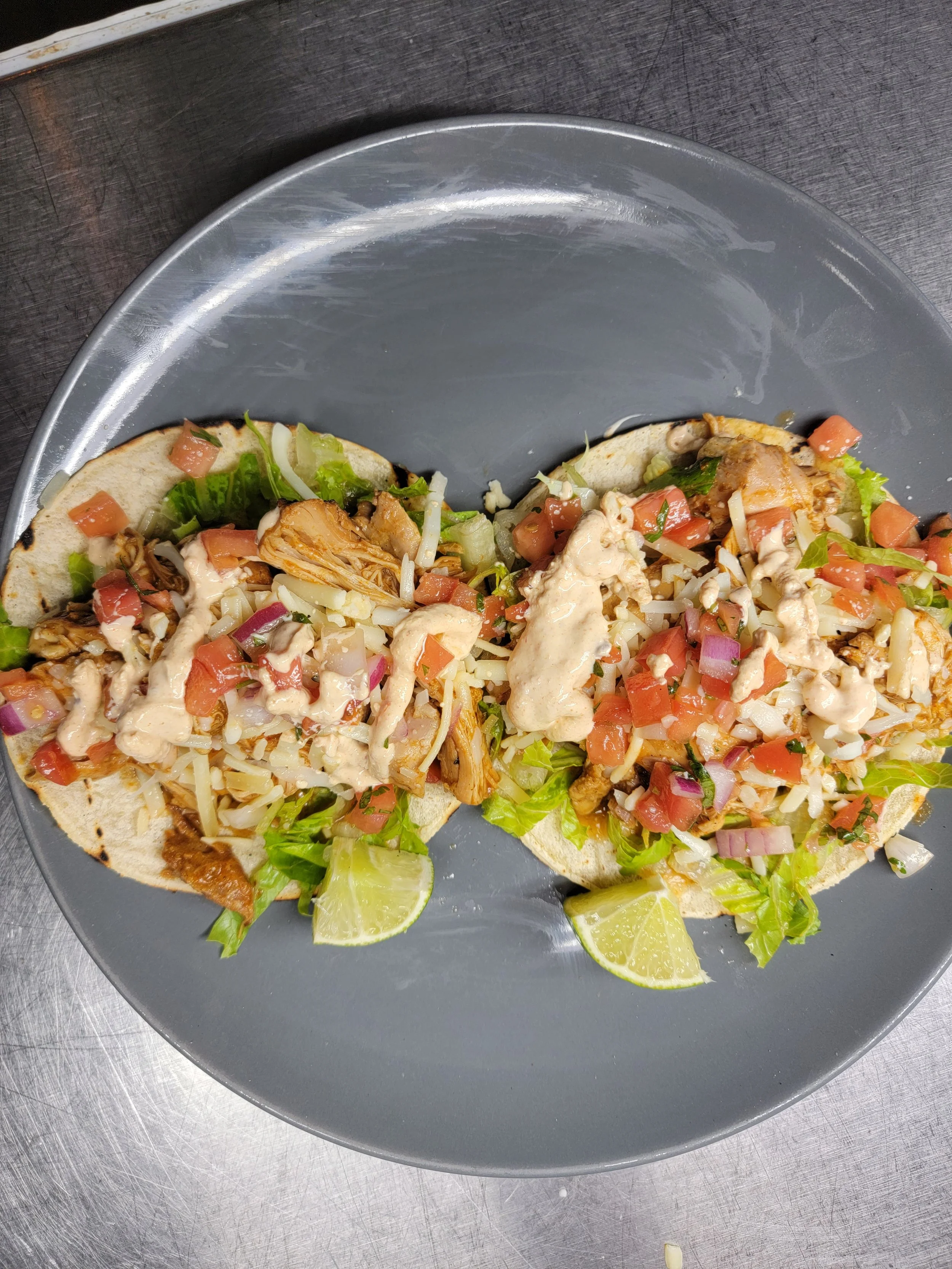Revive & Thrive: Discover the Best Hangover Food Remedies
Introduction
Unveiling the Hangover: A Disturbing Aftermath
An unwelcome guest often following a night of indulgence, a hangover is the collection of unpleasant physical and mental symptoms that occur after drinking too much alcohol. These symptoms can range from headaches and dizziness to nausea, fatigue, and a sense of feeling unwell. The severity and length of a hangover depend on numerous factors including the type and amount of alcohol consumed, personal physiology, hydration level prior to drinking, and the individual's ability to metabolize alcohol.
Why Do Hangovers Occur: The Inside Story
Hangovers materialize when your blood alcohol concentration significantly drops and nears zero. This triggers several physiological responses including dehydration - courtesy of alcohol’s diuretic properties - which leads to thirst, dizziness, and lightheadedness. Additionally, your body experiences an inflammatory response similar to fighting an infection as it tries to eliminate toxic byproducts from breaking down ethanol in alcoholic beverages.
This results in feelings of fatigue, nausea, stomach discomfort along with trouble concentrating or coordinating movements. Further compounding this unpleasant state is the interaction between alcohol and your body's glucose levels or blood sugar.
Alcohol inhibits glucose production leading to low blood sugar levels (hypoglycemia). Hypoglycemia manifests as weakness, fatigue, mood disturbances—features commonly seen in the aftermath of excessive drinking.
Foods: Your Ally Against Hangovers
In this battle against hangovers where our bodies are left depleted on many fronts—dehydration being one—it becomes crucial that we equip ourselves with tools designed for recovery. Here's where food makes its grand entrance.
Consuming certain types of foods can mitigate some hangover symptoms by restoring lost nutrients or speeding up toxin elimination. For instance foods rich in potassium like bananas or avocados can help replenish this necessary electrolyte, thereby aiding recovery from dehydration.
Similarly, foods rich in cysteine—an amino acid—like eggs, can aid the body in breaking down acetaldehyde, a toxic byproduct of alcohol metabolism. However, it's not just about what you eat but also when you eat.
Consuming a hearty breakfast after a night of heavy drinking may counteract the hypoglycemic effect of alcohol and provide an energy boost. Thus equipped with an understanding of what causes hangovers and how food can be our ally in combating them, let's embark on a journey to discover the best hangover foods that should be on your recovery menu.
Decoding the Enigma: The Science Behind Hangover Foods
Hangovers, those unpleasant remnants of a night dipped in revelry, have long been subjects of scrutiny and study. When alcohol courses through our veins, it leaves trails of havoc in its wake.
Understanding this havoc is central to apprehending why certain foods can alleviate hangover symptoms. The first facet of this understanding lies in recognising the pivotal role that dehydration plays in a hangover.
Alcohol is a diuretic - a substance that promotes diuresis, the increased production of urine. Thus, when we drink alcohol, we eliminate more water than we consume, leading to dehydration.
This lack of water wreaks biological chaos manifesting as parched mouths, throbbing headaches and nausea; classic symptoms often associated with hangovers. Luckily for us high-spirited tipplers, nature provides an antidote to this discord in the form of hydrating foods.
Foods rich in water content such as cucumbers or watermelons are excellent choices for rehydration post-alcohol consumption. They work by replenishing your body's diminished fluid reserves and compensating for the water lost due to increased urination.
An equally important element when it comes to fending off hangover symptoms are nutrients that restore bodily balance after alcohol consumption. Alcohol disrupts various physiological processes within our bodies; from depleting potassium stores to draining vitamins such as B12 and folic acid that are paramount for energy production and maintaining brain health respectively.
Balancing Act: Nutrients That Restore Equilibrium Post-Alcohol Consumption
Ingesting foods packed with these essential nutrients can aid your body in counteracting some damaging effects caused by alcohol intake. For instance, bananas are an excellent source of potassium while avocados serve as reservoirs of healthy fats and are additionally rich in vitamins B5, B6 and C. Eggs too, packed with essential amino acids, can furnish your body with cysteine which aids in breaking down the hangover-prolonging toxin acetaldehyde produced when alcohol is metabolized. Metabolic processes within our bodies are like pieces of a jigsaw puzzle; they all interconnect.
Nutrient-rich foods not only balance depleted vitamin reserves but also stabilize erratic blood sugar levels. Alcohol consumption can lead to hypoglycemia or low blood sugar levels due to its impact on the liver's ability to produce glucose.
The Sugar Story: Alcohol & Blood Sugar Interactions
This predicament may lead to fatigue, mood swings and weakness; symptoms commonly attributed to hangovers. Consuming food after drinking alcohol can help stabilize your blood sugar levels and ameliorate these symptoms. High-fiber foods like oats or wholegrain bread are slow-digesting carbohydrates that provide a steady supply of glucose into the bloodstream, keeping blood sugar levels stable.
The science behind hangover foods is therefore underpinned by a harmonious blend of hydration, nutrient replenishment and blood sugar stabilization. The triumvirate works together to battle against the aftermath of alcohol consumption - we often know all too well as a hangover.
Top Food Choices for Hangovers
A Potassium Powerhouse: Bananas
First on our list of hangover combatants is the humble banana. Instrumental in replenishing depleted potassium levels, bananas are an excellent choice for post-drinking nutrition. When you consume alcohol, it causes an increase in urine production, leading to a higher than usual loss of potassium.
This can result in feelings of nausea, fatigue, and weakness often associated with hangovers. What makes bananas a stellar choice is their high potassium content – a crucial mineral that aids proper heart and muscle function.
By consuming bananas during your recovery period, you're effectively addressing the body's severe need for this important nutrient. Additionally, the natural sugars present in bananas provide a quick energy boost while also helping to stabilize blood sugar levels which can be adversely affected by alcohol consumption.
Last but not least, bananas are easy on the stomach and pretty agreeable even when your digestive system may be feeling less than robust after a night out. Easy to eat and soothing to the stomach lining, they make an ideal food option when recovering from a hangover.
The Detoxifier: Eggs
Eggs might just be one of nature's most perfect foods – especially if you're dealing with the aftermath of alcohol overindulgence. This protein-packed food contains large amounts of cysteine, an amino acid that plays a pivotal role in breaking down acetaldehyde - one of those lingering toxins left behind after your body processes alcohol.
By introducing eggs into your post-alcohol diet, you're arming your body with everything it requires to expedite toxin elimination processes, thereby potentially reducing the severity and duration of hangover symptoms. In addition to cysteine's remarkable detoxifying property, eggs are also rich in many essential nutrients like vitamins B-6 and B-12.
These vitamins can help restore energy levels, alleviate stress and promote overall recovery after a hangover. Whether scrambled, poached, or boiled, eggs offer a versatile option that can be included in your post-drinking diet to mitigate the uncomfortable effects of a hangover.
The Nutrient-Dense Superfood: Avocados
Avocado is often referred to as a superfood due to its dense nutrient content. When it comes to alleviating hangovers, avocados prove their worth by delivering high doses of potassium and healthy fats.
Like bananas, avocados help replenish your potassium level which is often depleted after alcohol consumption. Furthermore, the monounsaturated fats found in avocados provide slow-release energy while facilitating absorption of fat-soluble vitamins – an essential process that could be impaired due to alcohol's diuretic effects.
Moreover, these green gems contain fiber which aids digestion and helps stabilize blood sugar levels - another critical factor when recovering from the effects of excessive drinking. Packed with nutritional goodness and delightfully easy on the palate, avocados may ease hangover discomfort while bolstering your overall health during recovery.
The Blood Sugar Stabilizer: Whole Grains
Certain types of complex carbohydrates like whole grains serve as excellent foods for combating hangovers. One reason lies in their ability to stabilize blood sugar levels.
Alcohol has been shown to cause blood sugar fluctuations that can lead to symptoms like fatigue and mood swings typically seen during a hangover. Serving as valuable sources of dietary fiber, whole grain foods aid in slow digestion thereby ensuring a steady release of glucose into the bloodstream.
This helps maintain stable blood sugar levels, preventing the sudden dips that could exacerbate hangover symptoms. Whole grains also tend to be high in B-vitamins and magnesium - nutrients often depleted by alcohol.
By helping to replace these lost nutrients, whole grains can assist in speeding up recovery from a hangover. From oatmeal to whole grain toast, incorporating these complex carbs into your post-drinking meal plan may not only alleviate symptoms but also leave you feeling energized and nourished.
Hydrating Foods & Drinks for Hangovers
The Waterlogged Wonder of Watermelon
The key to hangover recovery often lies in hydration and replenishment of lost nutrients, which is where the watermelon comes into play. With its substantial water content, approximately 92%, this juicy fruit is an excellent natural hydrator and can assist in rectifying the dehydration caused by alcohol. But watermelons aren't just a source of hydration – they also provide vital nutrients that are depleted when one consumes alcohol.
Watermelons are rich in L-citrulline, an amino acid that can help improve blood circulation. This improvement in blood circulation aids faster delivery of essential nutrients throughout the body, thereby speeding up recovery from a hangover.
Furthermore, L-citrulline assists in combating muscle fatigue. So not only does it assist with your hangover, but it could also help with any dancing-induced muscle soreness from last night's festivities.
Crisp Cucumbers: Hydrations's Green Guardian
Cucumbers are often touted as another highly efficient hydrator due to their high water content - 95% to be precise. Similar to watermelons, cucumbers can help alleviate the symptoms of dehydration that often accompany a hangover.
Beyond their water content, cucumbers contain beneficial compounds such as flavonoids and tannins which have been shown to reduce inflammation—this could potentially provide some relief from those nagging morning-after headaches. Plus, these green wonders come packed with fiber and essential vitamins like vitamin K and vitamin C making them not just great for rehydration but adding a nutritious punch to your post-drinking recovery routine.
Coconut Water: Nature's Electrolyte Elixir
In the world of natural remedies for rehydration, coconut water sits on a throne of its own. Known as Mother Nature’s sports drink, coconut water is packed with five key electrolytes: sodium, potassium, calcium, magnesium, and phosphorus - all of which get depleted when one consumes alcohol. The natural sugars in coconut water provide an energy boost while the electrolytes help restore a person's hydration status.
It's a far healthier alternative to many commercial sports drinks that often contain added sugars or artificial ingredients. So next time you wake up feeling groggy after a night out, reach for a refreshing and rejuvenating glass of coconut water.
Healing Herbal Teas
Herbal teas such as ginger and peppermint have been used for centuries to soothe an upset stomach, which makes them ideal for tackling the nausea that often accompanies a hangover. The compounds in ginger work to reduce inflammation and block nerve signals that control vomiting while peppermint relaxes your gastrointestinal system to ease discomfort. While herbal teas might not directly rehydrate like watermelon or cucumber can do, they often encourage fluid intake due to their comforting warm nature.
Plus, both ginger and peppermint tea are caffeine-free so they won't further dehydrate you like coffee or black tea might do. So brew yourself a soothing cup of herbal tea—it could be just what your body needs after indulging in libations.
Nourishing Soups & Broths for Hangovers
The Restorative Power of Miso Soup
One of the most effective hangover remedies hails from Japanese cuisine: miso soup. This traditional dish is replete with essential minerals such as sodium, which plays an integral role in balancing the body's water levels.
After a night of indulging in alcohol, the body can experience severe dehydration, leading to familiar hangover symptoms such as headaches and fatigue. The sodium in miso soup aids your body by ensuring that it retains more water, thus combating these undesirable after-effects.
Miso soup also contains a fermented soybean paste known as miso that harbors several beneficial properties. It introduces healthy bacteria into your gut and aids digestion, which can be particularly helpful after consuming alcohol.
Furthermore, it boasts high protein content which facilitates detoxification processes in your liver. As well as being nutritionally beneficial for those suffering from a hangover, this warm broth offers comfort to the weary imbiber.
The steamy concoction possesses soothing qualities that tend to relax the individual and relieve symptoms of nausea or dizziness. Thanks to its rich flavor paired with health-boosting benefits, miso soup proves itself an optimal choice for aiding individuals experiencing pesky hangovers.
Chicken Soup: A Time-Honored Comfort Food
In many cultures worldwide, chicken soup is deemed a panacea for various ailments - including dreaded hangovers. This staple comfort food often manifests itself as an effective remedy due to its high protein content derived from chicken pieces and nutrient-dense broth made from chicken bones or vegetables. The protein obtained from chicken aids in replenishing amino acids depleted by alcohol consumption while simultaneously helping your liver process toxins associated with drinking spirits.
Additionally, its essential nutrients can help restore your body's equilibrium after a night of excess, by replenishing necessary minerals that may have been depleted. Chicken soup is also rich in gelatin, derived from slow-cooked bones.
This compound aids in protecting the lining of your stomach and intestines which may be irritated after alcohol consumption. Moreover, it helps reduce inflammation throughout the body.
Like its Japanese counterpart miso soup, chicken soup serves as a warm and comforting dish. Its familiarity tends to soothe not only the physical but also psychological tolls taken by a hangover.
Conclusion
Navigating the aftermath of overindulgence can be a daunting task. However, with the right nourishment such as miso soup and chicken broth providing hydration and vital nutrients, recovery becomes significantly easier.
These therapeutic dishes remind us that sometimes simple home remedies are among the most powerful means to restore wellness. So next time you wake up with a throbbing headache or spinning room after a night of revelry remember - relief is just a warm bowl away!


























































Patio Grill Station